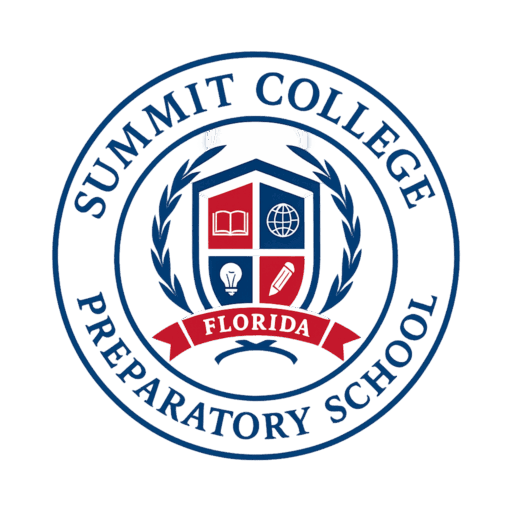Grade 9 – Biology (Honors)
Course Overview
Biology Honors is a rigorous, yearlong course designed for students who seek an accelerated and in-depth understanding of life sciences. Building on core biological concepts, the course challenges students with advanced readings, complex laboratory investigations, and connections to biotechnology, bioethics, and current global scientific developments. It serves as a foundational course for future AP Biology or other upper-level science electives.
Course Units
- Unit 1: Scientific Processes and Lab Safety
- Unit 2: Biochemistry and Molecular Biology
- Unit 3: Cell Biology and Transport Mechanisms
- Unit 4: Cellular Energetics – Photosynthesis and Respiration
- Unit 5: Cell Division, DNA Replication, and Gene Expression
- Unit 6: Mendelian and Non-Mendelian Genetics
- Unit 7: Evolutionary Theory and Speciation
- Unit 8: Ecological Interactions and Sustainability
Instructional Methods
Students engage in advanced inquiry-based labs, statistical data interpretation, argumentation from evidence, and peer-reviewed journal analysis. Emphasis is placed on experimental design, scientific writing, and real-world applications in medicine, environmental science, and biotechnology.
Assessment and Grading
| Category | Weight |
|---|---|
| Major Projects & Exams | 40% |
| Laboratory Reports | 30% |
| Quizzes & Assignments | 15% |
| Class Engagement | 10% |
| Research Presentations | 5% |
Advanced Learning Themes
- Systems Thinking: Analysis of interdependent biological systems.
- Evidence-Based Reasoning: Critical use of scientific literature and experimentation.
- Interdisciplinary Integration: Links to environmental science, chemistry, and bioethics.
- Global Relevance: Application of biology to global challenges such as pandemics and biodiversity loss.
Florida Standards Alignment
| Topic | Florida Benchmark | Application |
|---|---|---|
| Biochemistry | SC.912.L.18.1 | Identify structure and function of macromolecules |
| Cell Theory & Function | SC.912.L.14.3 | Compare organelles and cell processes |
| Genetics | SC.912.L.16.3 | Explain basic DNA structure and replication |
| Evolution | SC.912.L.15.8 | Describe mechanisms of evolutionary change |
| Ecology | SC.912.L.17.6 | Compare food webs and trophic dynamics |
Academic Vocabulary Matrix
| Category | Key Terms | Contextual Application |
|---|---|---|
| Genetics | Phenotype, Codominance, Mutation | Used in solving genetic problems and analyzing disorders |
| Biochemistry | Enzyme, pH, Substrate | Applied in enzyme activity experiments |
| Cell Biology | Osmosis, Chloroplast, ATP | Applied in diffusion/osmosis labs and energy flow |
| Scientific Inquiry | Hypothesis, Control Group, Variables | Embedded in lab design and peer-reviewed analysis |
